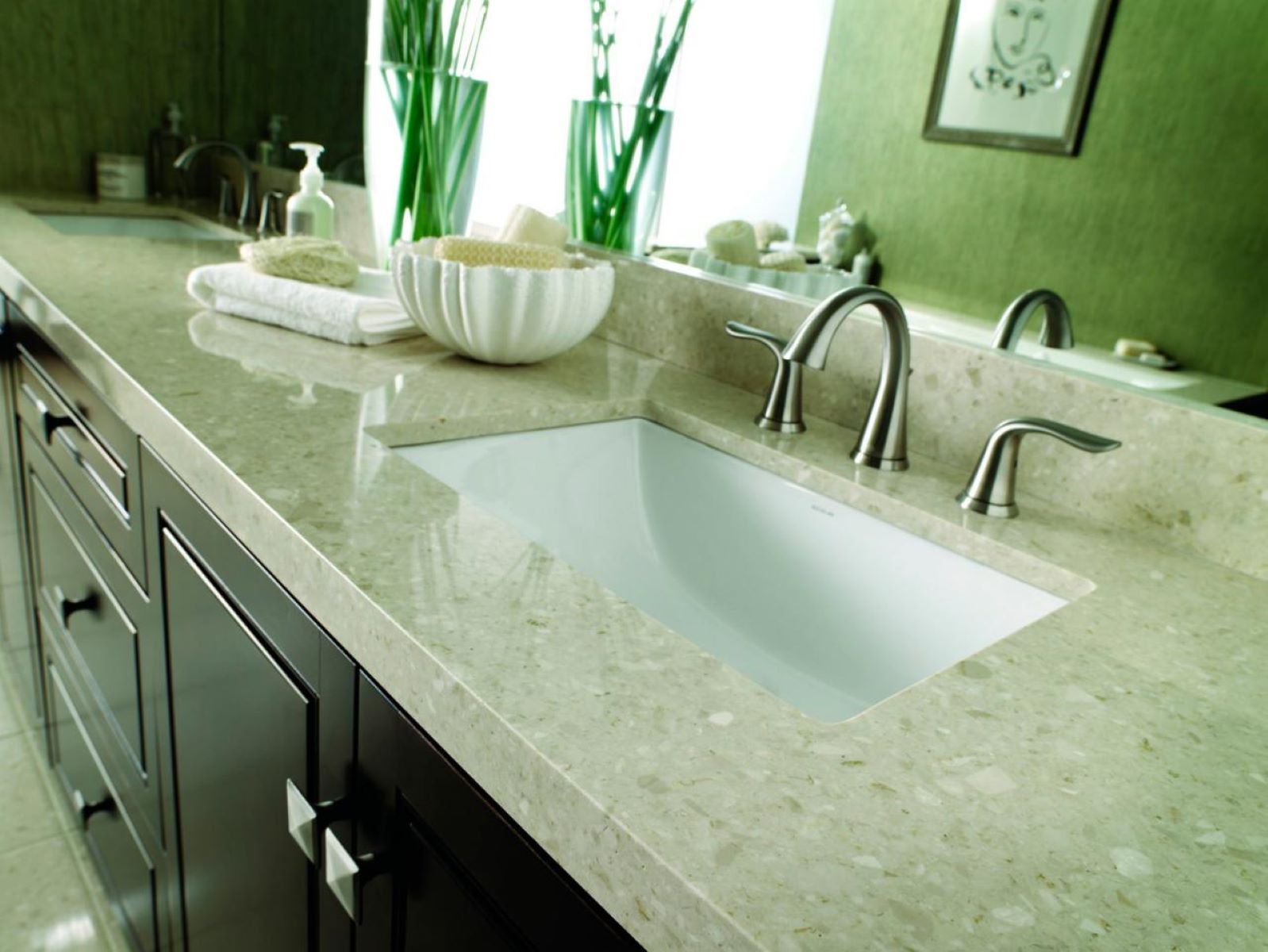

Articles
How Much Are Bathroom Countertops
Modified: January 7, 2024
Looking for articles on bathroom countertops? Discover how much bathroom countertops cost and find the perfect option for your space.
(Many of the links in this article redirect to a specific reviewed product. Your purchase of these products through affiliate links helps to generate commission for Storables.com, at no extra cost. Learn more)
Introduction
When it comes to remodeling or renovating your bathroom, one of the key elements that can instantly refresh its look and add functionality is the bathroom countertop. Whether you’re looking to upgrade an outdated countertop or transform your bathroom with a brand new one, it’s important to consider the cost.
The cost of bathroom countertops can vary widely depending on various factors such as the material used, size of the countertop, complexity of installation, and additional features. In this article, we will explore the factors that affect the cost of bathroom countertops, discuss different types of countertop materials, compare their prices, and provide some valuable tips on how to achieve a budget-friendly solution.
By understanding the different options available and their associated costs, you can make an informed decision that fits both your style preferences and financial constraints.
Now, let’s dive into the factors that can impact the cost of bathroom countertops.
Key Takeaways:
- Choosing the right bathroom countertop involves considering factors like material, size, and installation complexity. By exploring cost-effective materials and budget-friendly tips, you can create a stunning countertop that fits your financial constraints.
- Factors like material choice, size, and additional features play a significant role in determining the cost of bathroom countertops. By setting a budget, shopping for deals, and reusing existing fixtures, you can achieve a beautiful and functional countertop without breaking the bank.
Read more: How Much Is It To Replace Countertops
Factors Affecting the Cost of Bathroom Countertops
1. Material: The choice of material plays a significant role in determining the cost of bathroom countertops. There are various options available, ranging from durable and high-end materials like granite and quartz to more cost-effective options such as laminate and tile. The price of the material itself will directly impact the overall cost of the countertop.
2. Size and Thickness: The size and thickness of the countertop will also affect its cost. Larger countertops or those with custom dimensions will require more material and may require additional labor for installation. Thicker countertops tend to be more expensive as well.
3. Complexity of Installation: If your bathroom countertop requires intricate cuts, special edge treatments, or unique installation techniques, this can increase the overall cost. Complex installations often require the expertise of professionals, which adds to the expenses.
4. Sinks and Faucets: The choice of sinks and faucets can influence the overall cost as well. Different styles and materials of sinks and faucets come with varying price tags, so it’s essential to factor in these costs when budgeting for your bathroom countertop project.
Now that we’ve discussed the factors that impact the cost, let’s explore the different types of bathroom countertop materials and their relative prices.
Key Takeaways:
- Choosing the right bathroom countertop involves considering factors like material, size, and installation complexity. By exploring cost-effective materials and budget-friendly tips, you can create a stunning countertop that fits your financial constraints.
- Factors like material choice, size, and additional features play a significant role in determining the cost of bathroom countertops. By setting a budget, shopping for deals, and reusing existing fixtures, you can achieve a beautiful and functional countertop without breaking the bank.
Read more: How Much Is It To Replace Countertops
Factors Affecting the Cost of Bathroom Countertops
When it comes to bathroom countertops, there are several factors that can significantly influence the cost. Understanding these factors will help you make informed decisions and ensure that you stay within your budget. Let’s explore the key factors affecting the cost of bathroom countertops:
- Material: The material used for the countertop is one of the most significant factors determining its cost. There are numerous material options available, each with its own price range. High-end materials like granite, marble, and quartz tend to be more expensive, while laminate and tile can be more budget-friendly options. Consider your preferred aesthetics, durability, and maintenance requirements when selecting the material for your countertop.
- Size and Thickness: The size and thickness of the countertop also affect its cost. Larger countertops or those with custom dimensions will require more material, driving up the price. Additionally, thicker countertops often have higher material costs and may require special installation techniques. Keep in mind that while larger countertops may offer more workspace, they will come at a higher price point.
- Complexity of Installation: The complexity of the installation process can impact the overall cost of the countertop. If your bathroom has unique shapes, angles, or requires intricate cuts and edge treatments, it will require more time and labor. Complex installations often call for the expertise of professionals, which can add to the expenses. It’s important to take into account any additional installation costs when calculating the total cost of your countertop project.
- Sinks and Faucets: The choice of sinks and faucets can also influence the overall cost of your bathroom countertop. Different styles, sizes, and materials of sinks and faucets come with varying price tags. If you opt for high-end or designer sinks and faucets, they can significantly impact the total cost of your project. It’s advisable to consider the cost of these fixtures when budgeting for your bathroom countertop.
- Additional Features: Lastly, additional features or customization can increase the cost of your bathroom countertop. This includes things like integrated backsplashes, decorative edges, upstands, and cutouts for accessories like soap dispensers or towel bars. These features often require more labor and specialized workmanship, leading to higher costs. Consider your desired level of customization and whether these added features are worth the expense.
By considering these factors, you can determine the cost of your bathroom countertop project more accurately. It’s essential to establish a budget and prioritize your needs and preferences. Remember to research different material options, compare prices, and consult with professionals to ensure that your bathroom countertop not only looks beautiful but also fits seamlessly within your budget constraints.
Types of Bathroom Countertop Materials
When it comes to selecting a bathroom countertop, there is a wide range of materials to choose from. Each material has its unique characteristics, including cost, durability, maintenance requirements, and aesthetics. Understanding the different types of bathroom countertop materials will help you make an informed decision based on your preferences and budget. Let’s explore some popular options:
- Granite: Granite countertops are a popular choice due to their durability and natural beauty. They are resistant to heat, scratches, and stains, making them a long-lasting option for the bathroom. Granite countertops come in a variety of colors and patterns, adding an elegant touch to any bathroom. However, granite can be one of the more expensive options due to its premium quality.
- Quartz: Quartz countertops are engineered using a combination of natural quartz crystals and resins. They offer the durability of stone countertops with a wider range of color options. Quartz countertops are non-porous and resistant to stains and scratches. They require minimal maintenance and are a good choice for busy bathrooms. However, quartz countertops tend to be more expensive compared to other materials.
- Marble: Marble countertops are known for their timeless elegance and unique veining patterns. They provide a luxurious and sophisticated look to any bathroom. However, marble is a softer material and can be susceptible to scratching, staining, and etching from acidic substances. It requires regular sealing and maintenance to keep it looking its best. Marble countertops are generally more expensive than other options.
- Laminate: Laminate countertops offer an affordable and versatile option for bathroom countertops. They come in a wide range of colors, patterns, and textures, allowing for endless design possibilities. Laminate is resistant to stains and easy to clean, making it a practical choice for bathrooms. However, laminate can be prone to scratches and chips, and it is not as heat-resistant as other materials.
- Tile: Ceramic or porcelain tiles are a popular choice for bathroom countertops due to their versatility and affordability. They come in various colors, shapes, and sizes, allowing for creative designs. Tile countertops are resistant to heat, stains, and moisture. However, the grout lines between the tiles may require regular cleaning and maintenance. Tile countertops offer a budget-friendly option but may not have the same durability as stone countertops.
- Solid Surface: Solid surface countertops are made from a blend of acrylic or polyester resins and natural minerals. They offer a seamless appearance and can be custom molded to fit any bathroom design. Solid surface countertops are non-porous, resistant to stains and bacteria, and can be easily repaired if scratched or damaged. However, they can be more expensive than laminate or tile options.
These are just a few examples of the different types of bathroom countertop materials available on the market. It’s important to consider factors such as durability, maintenance, cost, and aesthetics when making your decision. Consulting with professionals or visiting showrooms can provide a better understanding of each material’s benefits and help you select the best option for your bathroom project.
When considering the cost of bathroom countertops, it’s important to factor in the material, size, and installation. Materials like granite and quartz tend to be more expensive, while laminate and tile are more budget-friendly options. Additionally, the size of the countertop and the complexity of the installation can also impact the overall cost. It’s best to get quotes from multiple contractors to compare prices and find the best option for your budget.
Comparison of Bathroom Countertop Prices
When choosing a bathroom countertop, one of the crucial considerations is the price. The cost of bathroom countertops can vary significantly depending on the material, size, and other factors. To help you make an informed decision, let’s compare the prices of different bathroom countertop materials:
- Granite: Granite countertops are considered luxurious and durable, but they can also be quite pricey. On average, the cost of granite countertops can range from $50 to $200 per square foot, including installation. The price can vary depending on the quality, thickness, and color of the granite.
- Quartz: Quartz countertops offer a blend of durability and aesthetics. The cost of quartz countertops typically ranges from $60 to $150 per square foot, including installation. Keep in mind that premium brands or unique designs may come at a higher price point.
- Marble: Marble countertops are known for their elegance and timeless appeal. However, they can be among the most expensive options. The cost of marble countertops can range from $60 to $250 per square foot, including installation. The price will depend on the quality, rarity of the stone, and any additional customization.
- Laminate: Laminate countertops are a budget-friendly option for bathroom remodels. The cost of laminate countertops typically ranges from $20 to $50 per square foot, including installation. Laminate offers a wide variety of color and pattern options at an affordable price point.
- Tile: Tile countertops are a versatile and cost-effective choice for bathroom countertops. The cost of tile countertops can range from $10 to $80 per square foot, including installation. The price will depend on the material, size, and intricacy of the tile design.
- Solid Surface: Solid surface countertops offer durability and customization. The cost of solid surface countertops generally ranges from $50 to $100 per square foot, including installation. Factors like brand, design, and additional features can affect the overall cost.
It’s important to note that these price ranges are estimates and can vary depending on factors such as location, contractor rates, and any additional features or customization. Additionally, these prices do not include other expenses such as sinks, faucets, or installation materials.
When considering the price of bathroom countertops, it’s essential to evaluate the long-term value and durability of the material. Investing in a higher-quality material may save you money in the long run through reduced maintenance and replacement costs.
Before making a final decision, it’s recommended to obtain quotes from different suppliers and contractors, compare the prices, and consider the overall value and longevity of the chosen material. Consulting with professionals in the industry can provide valuable insights and help you make the best decision within your budget.
Read more: How Much Is Formica Countertops
Tips for Budget-Friendly Bathroom Countertops
Remodeling or upgrading your bathroom doesn’t have to break the bank. With proper planning and smart choices, you can achieve a stylish and functional bathroom countertop while staying within your budget. Here are some tips to help you create a budget-friendly bathroom countertop:
- Set a Budget: Before diving into any renovation project, establish a budget that you are comfortable with. This will help guide your choices and ensure you stay within your financial limits.
- Opt for Cost-Effective Materials: Consider affordable countertop materials such as laminate or tile. These options come in a wide variety of designs and patterns, allowing you to achieve a stylish look without the hefty price tag. While they may not have the same durability as stone countertops, they can still provide a functional and appealing solution.
- Shop for Deals: Look for sales, discounts, or clearance items. Many suppliers and home improvement stores offer promotions or special pricing on bathroom countertops. Don’t be afraid to negotiate prices or ask for a better deal.
- Consider Remnants: Remnants are leftover pieces of stone or other materials from larger countertop projects. They are often sold at discounted prices and can be an excellent choice for smaller bathrooms or vanity tops. Check with local suppliers or fabricators to see if they have any remnants that match your requirements.
- Refinish or Resurface: If your existing countertop is in decent condition, consider refinishing or resurfacing it instead of replacing it entirely. This can be a more cost-effective option that can give your countertop a fresh and updated look without the need for a full replacement.
- DIY Installation: If you have basic handyman skills, consider installing the countertop yourself. This can save you money on labor costs. However, be sure to research the installation process thoroughly and have the necessary tools and safety precautions in place to ensure a successful outcome.
- Simple Edging: Choosing a simple, straight edge profile for your countertop can be more cost-effective compared to opting for intricate or custom edge profiles. Simple edges are easier to fabricate and require less labor, resulting in potential cost savings.
- Reuse Existing Fixtures: If your bathroom fixtures such as sinks and faucets are still in good condition, consider reusing them instead of purchasing new ones. Reusing fixtures can save you money and reduce waste.
- Maintain a Focus: Prioritize your budget and allocate funds to the elements that matter most to you. If having a high-quality countertop is your priority, consider cutting costs in other areas of the bathroom renovation to accommodate it.
By following these tips, you can achieve a beautiful and functional bathroom countertop that fits your budget. Remember to take your time, do thorough research, and consult with professionals if needed. With careful planning and smart choices, you can transform your bathroom without breaking the bank.
Conclusion
Choosing the right bathroom countertop involves careful consideration of your budget, style preferences, and functional needs. By understanding the factors that affect the cost of bathroom countertops, exploring different materials, comparing prices, and implementing budget-friendly tips, you can create a stunning bathroom countertop that fits your financial constraints.
Factors like the material, size, thickness, complexity of installation, and the choice of sinks and faucets all play a role in determining the cost of bathroom countertops. Different materials, such as granite, quartz, marble, laminate, tile, and solid surface, offer varying price ranges and features. Evaluating the pros and cons of each material in relation to your budget and desired aesthetics is essential to make the right choice.
When it comes to budget-friendly bathroom countertops, there are various strategies you can employ. Setting a budget, shopping for deals, considering cost-effective materials, and reusing existing fixtures are all effective ways to save money. Additionally, opting for remnants, refinishing or resurfacing, and even DIY installation can provide affordable alternatives without compromising on quality.
Remember to prioritize your budget and allocate funds to the aspects of the bathroom countertop that matter most to you. Whether it’s the material, size, or additional features, identifying your priorities will help you make informed decisions and achieve a bathroom countertop that meets your needs and aesthetic preferences.
In conclusion, with proper planning, research, and a bit of creativity, you can create a budget-friendly bathroom countertop that adds value and beauty to your space. Take advantage of the tips provided in this article to make the most of your budget and enjoy a functional and stylish bathroom countertop for years to come.
Frequently Asked Questions about How Much Are Bathroom Countertops
Was this page helpful?
At Storables.com, we guarantee accurate and reliable information. Our content, validated by Expert Board Contributors, is crafted following stringent Editorial Policies. We're committed to providing you with well-researched, expert-backed insights for all your informational needs.
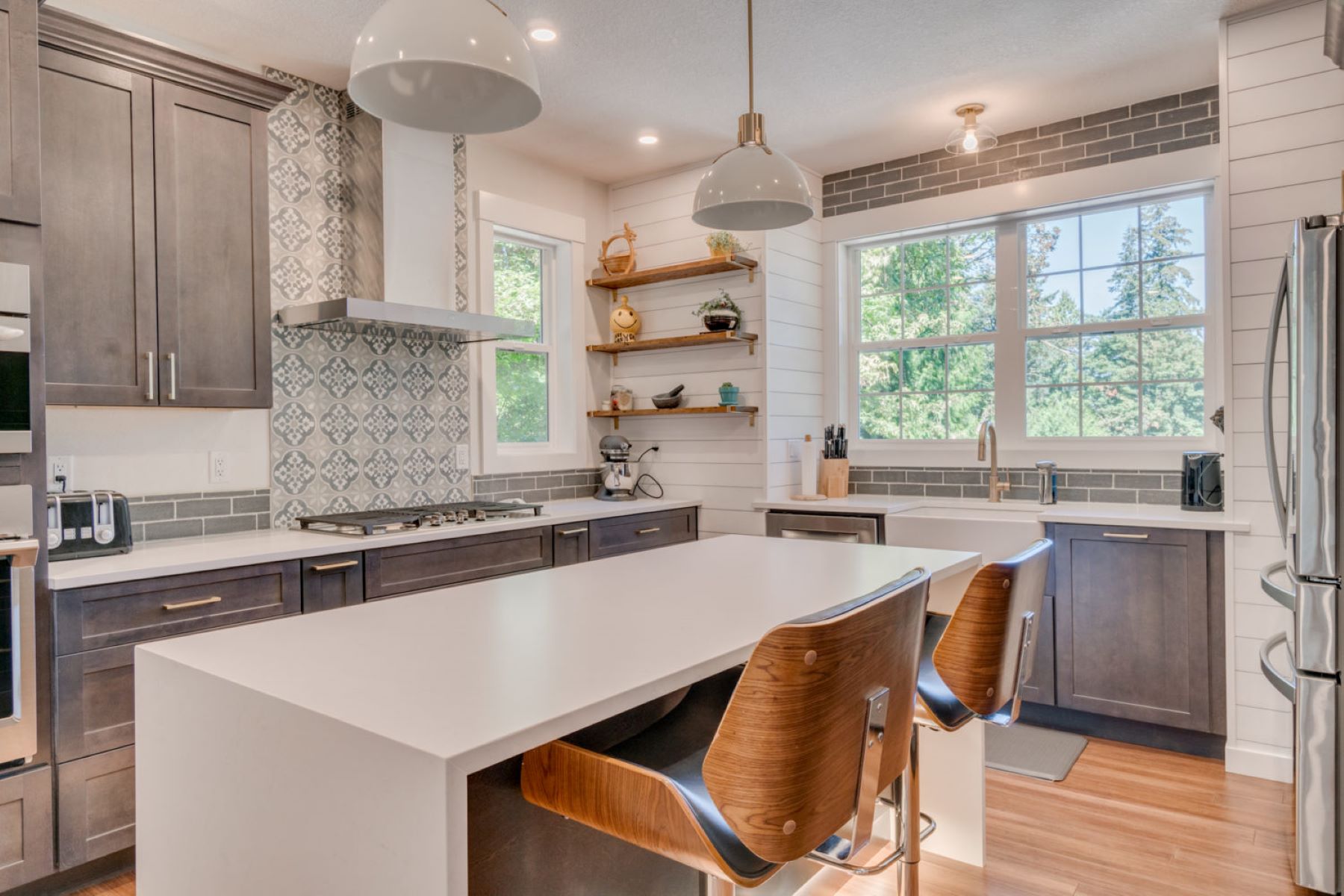
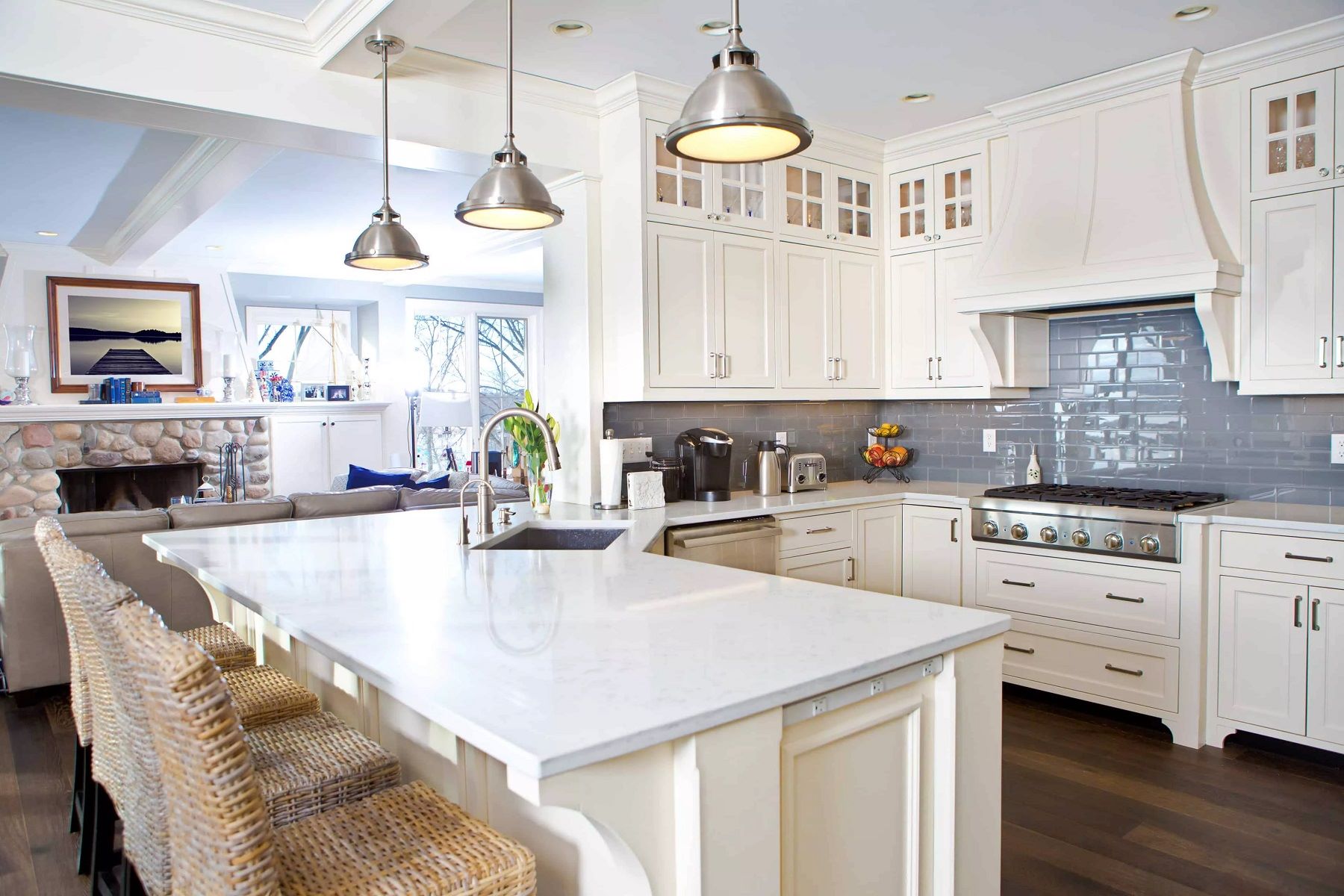
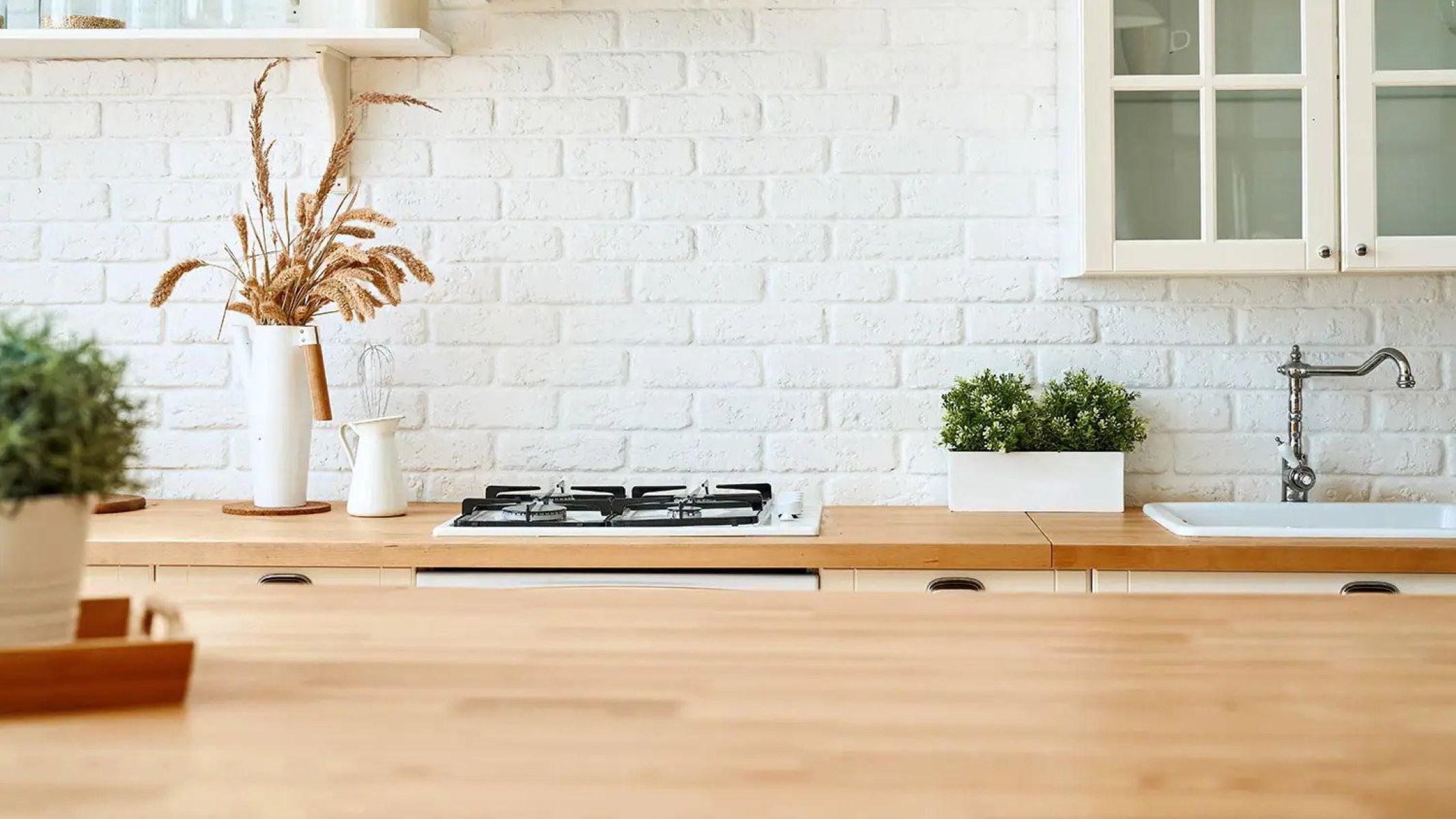
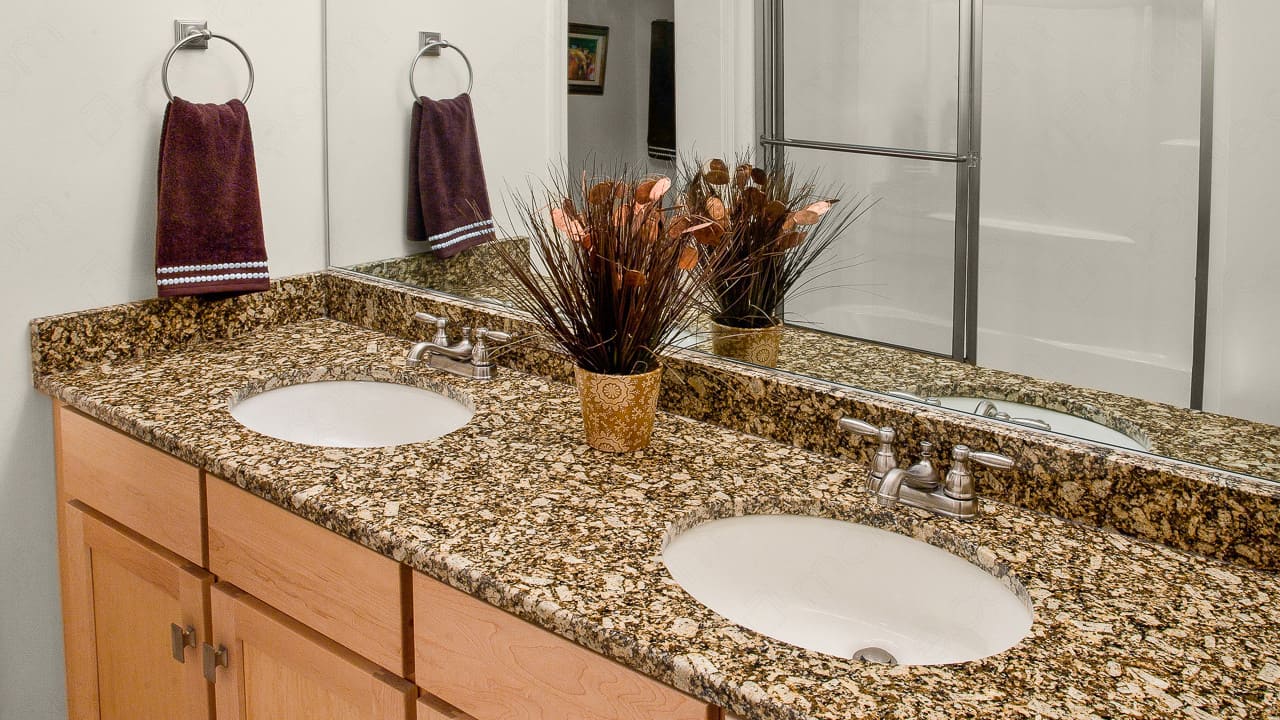
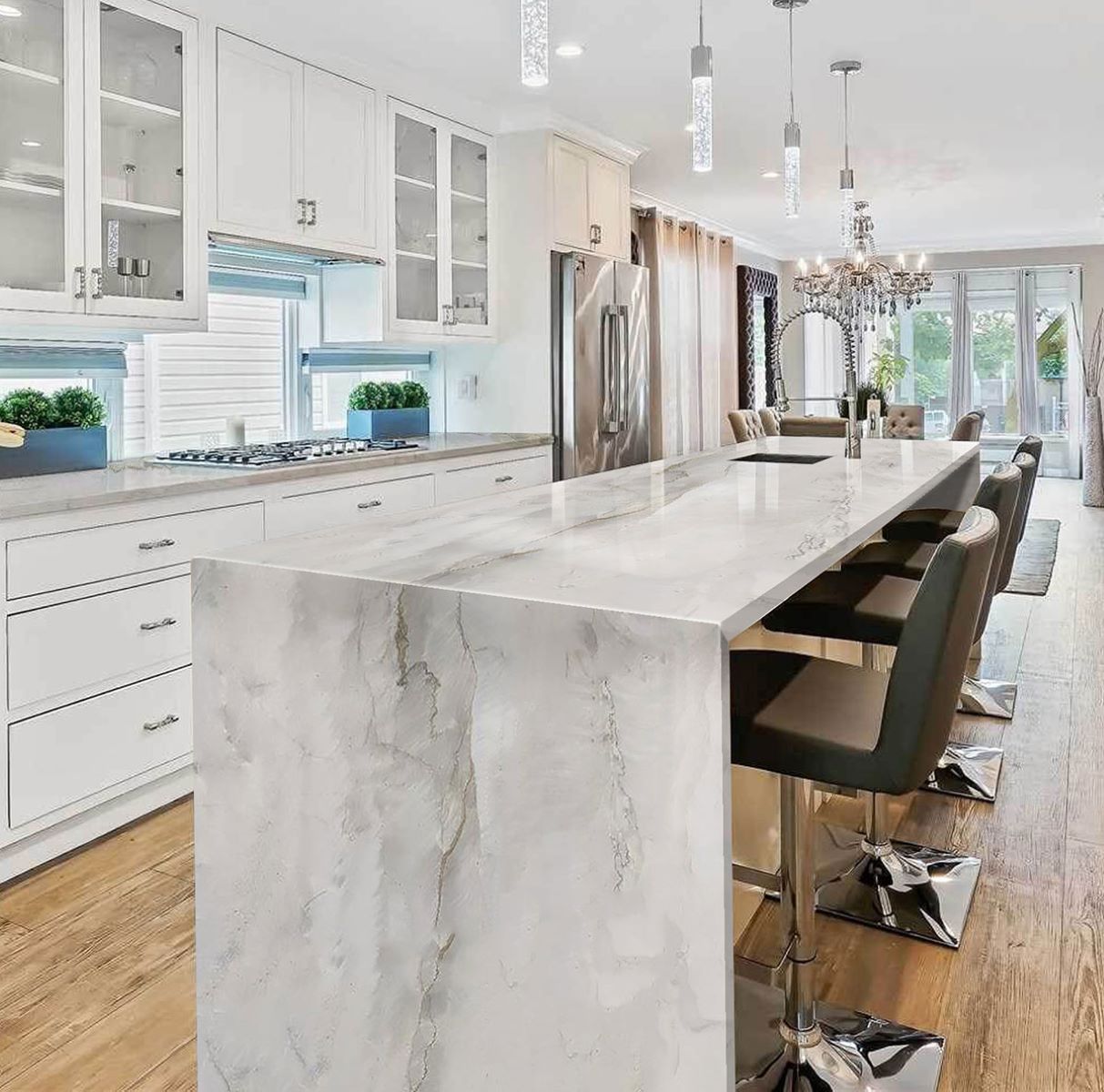
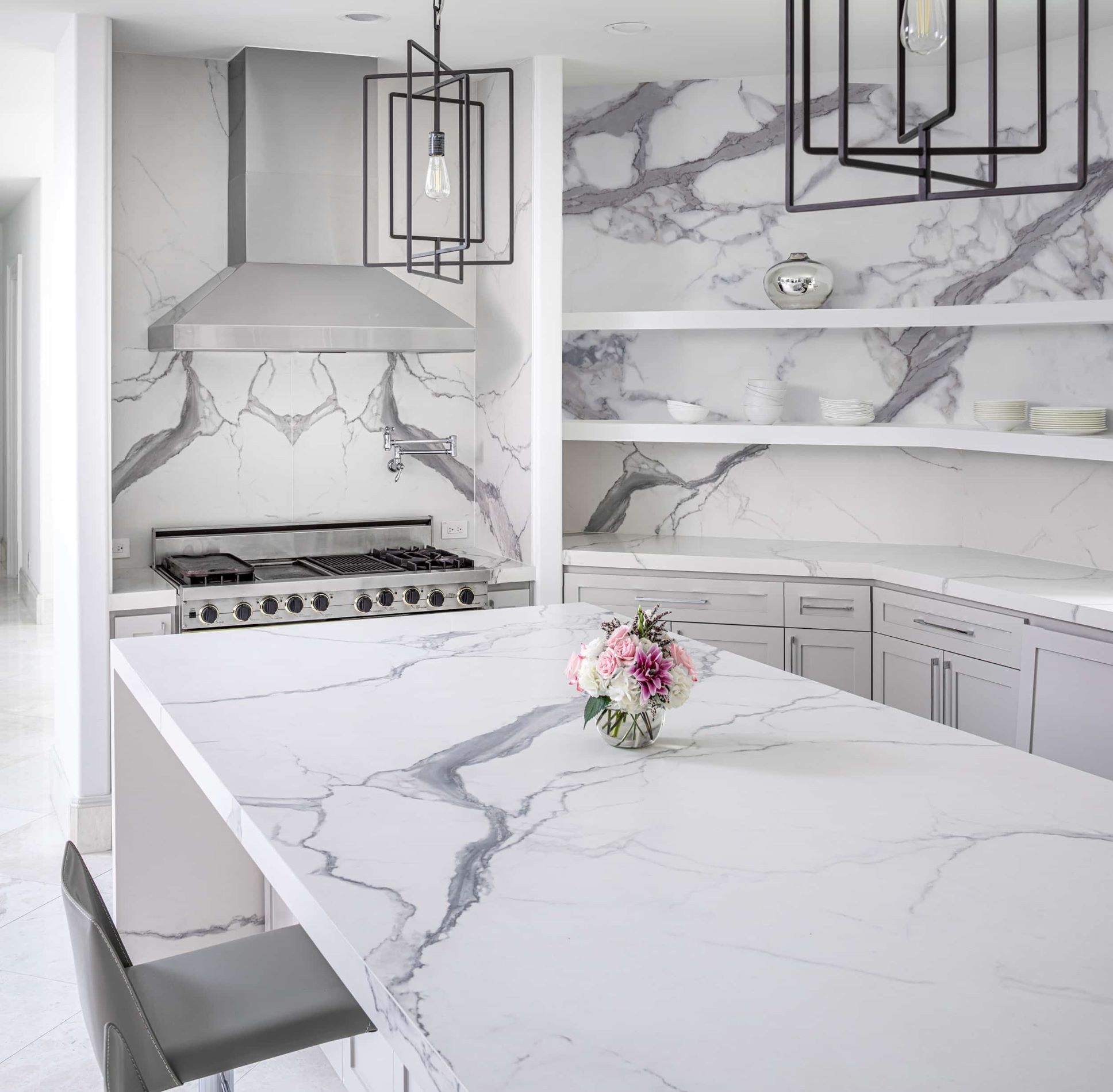
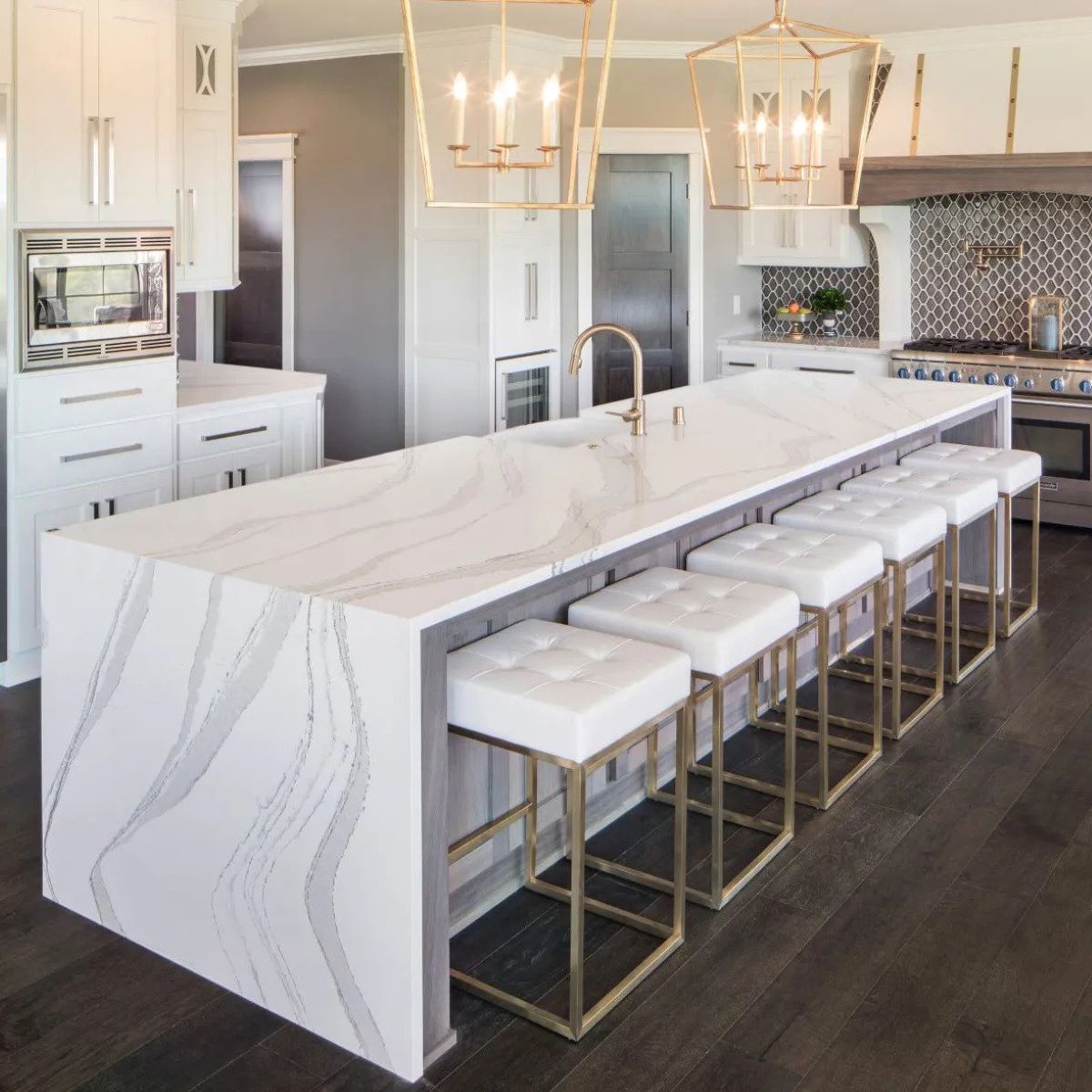
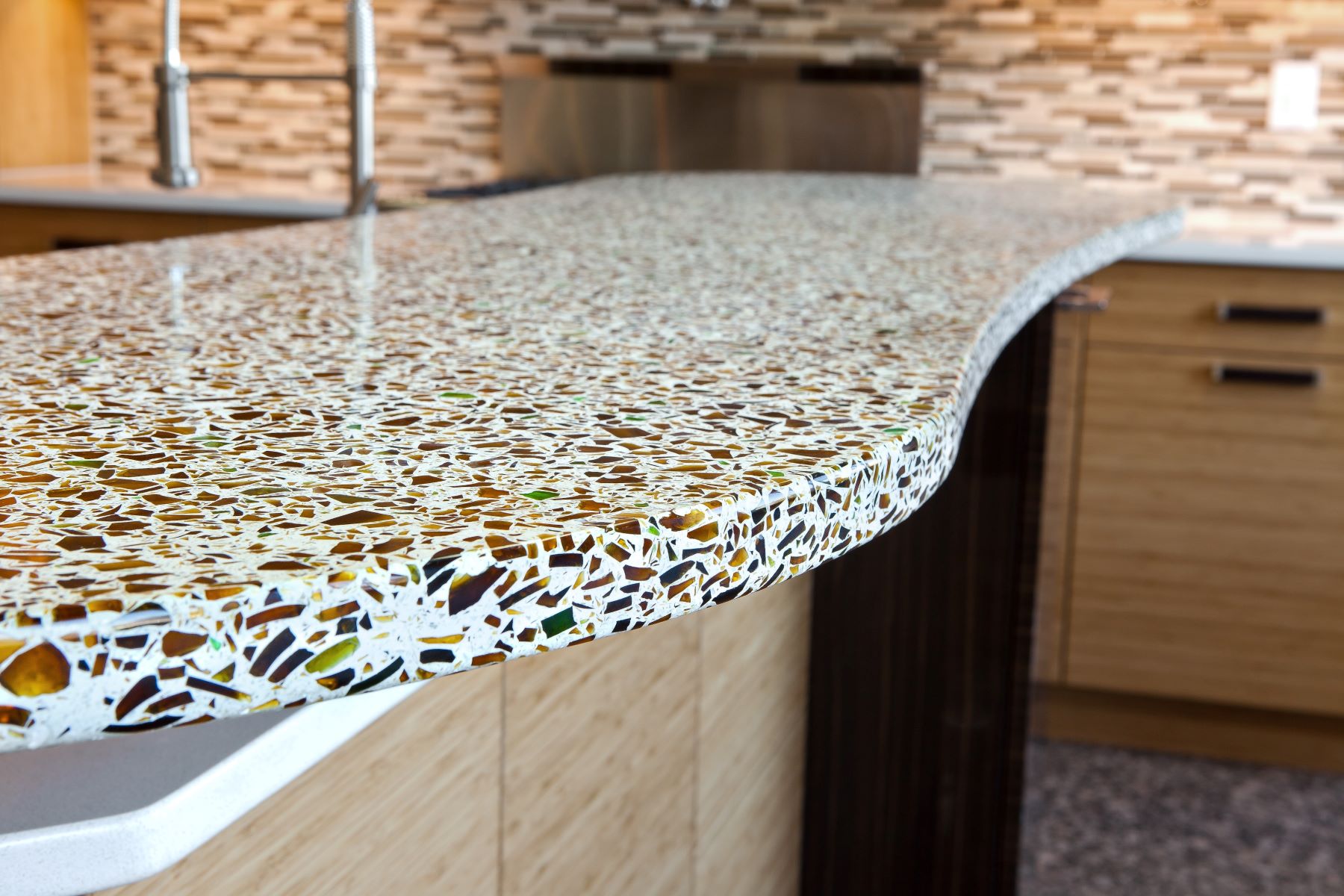
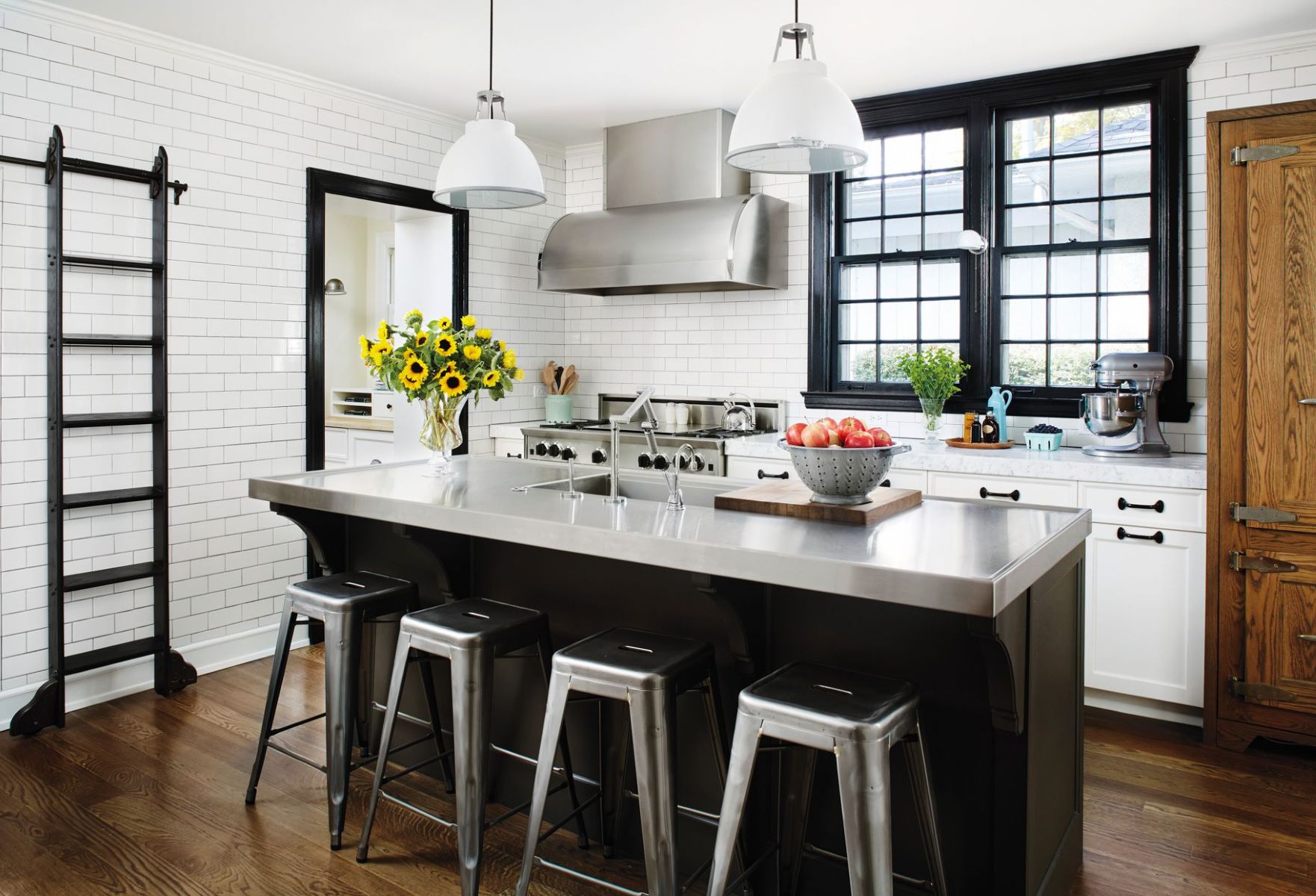
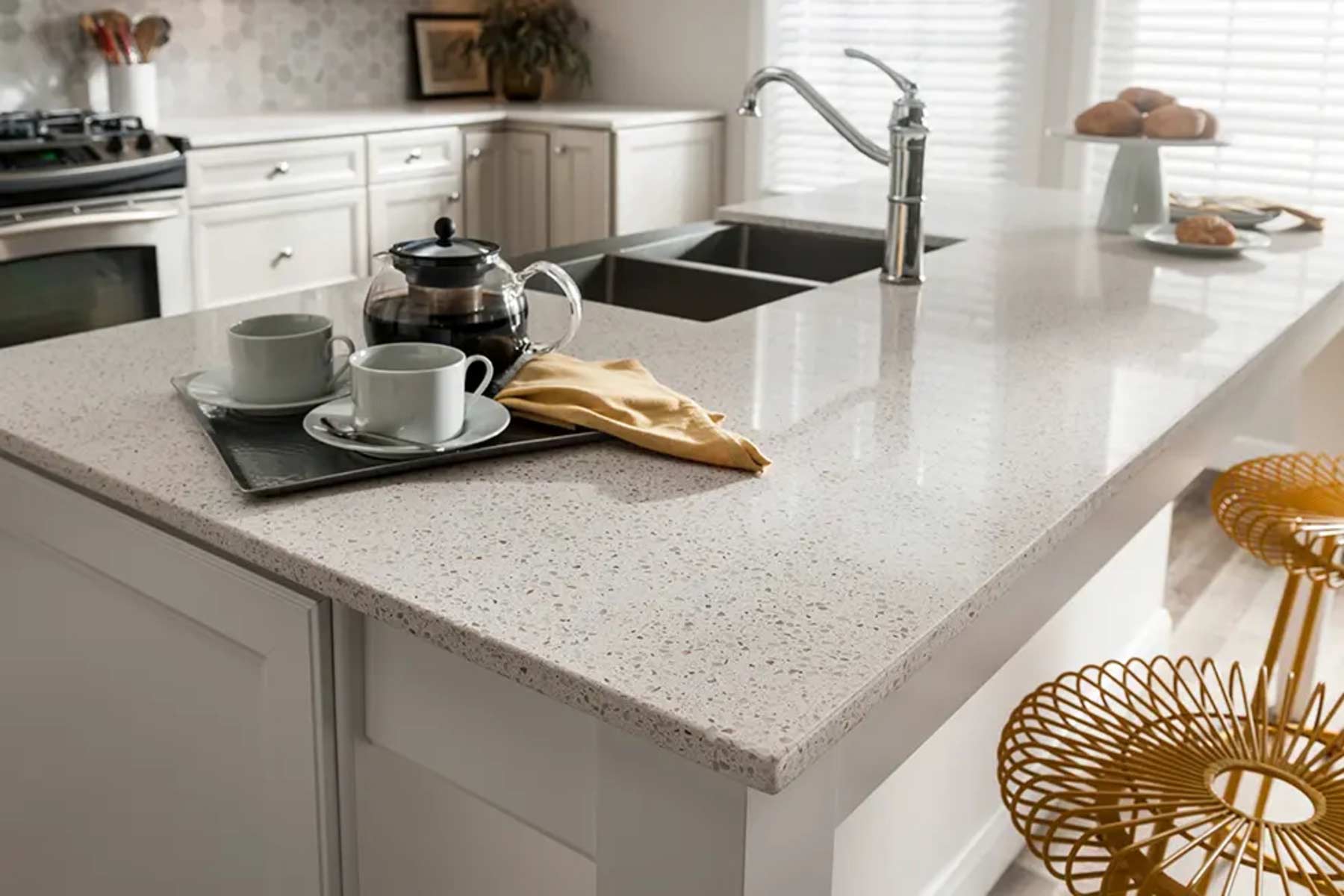
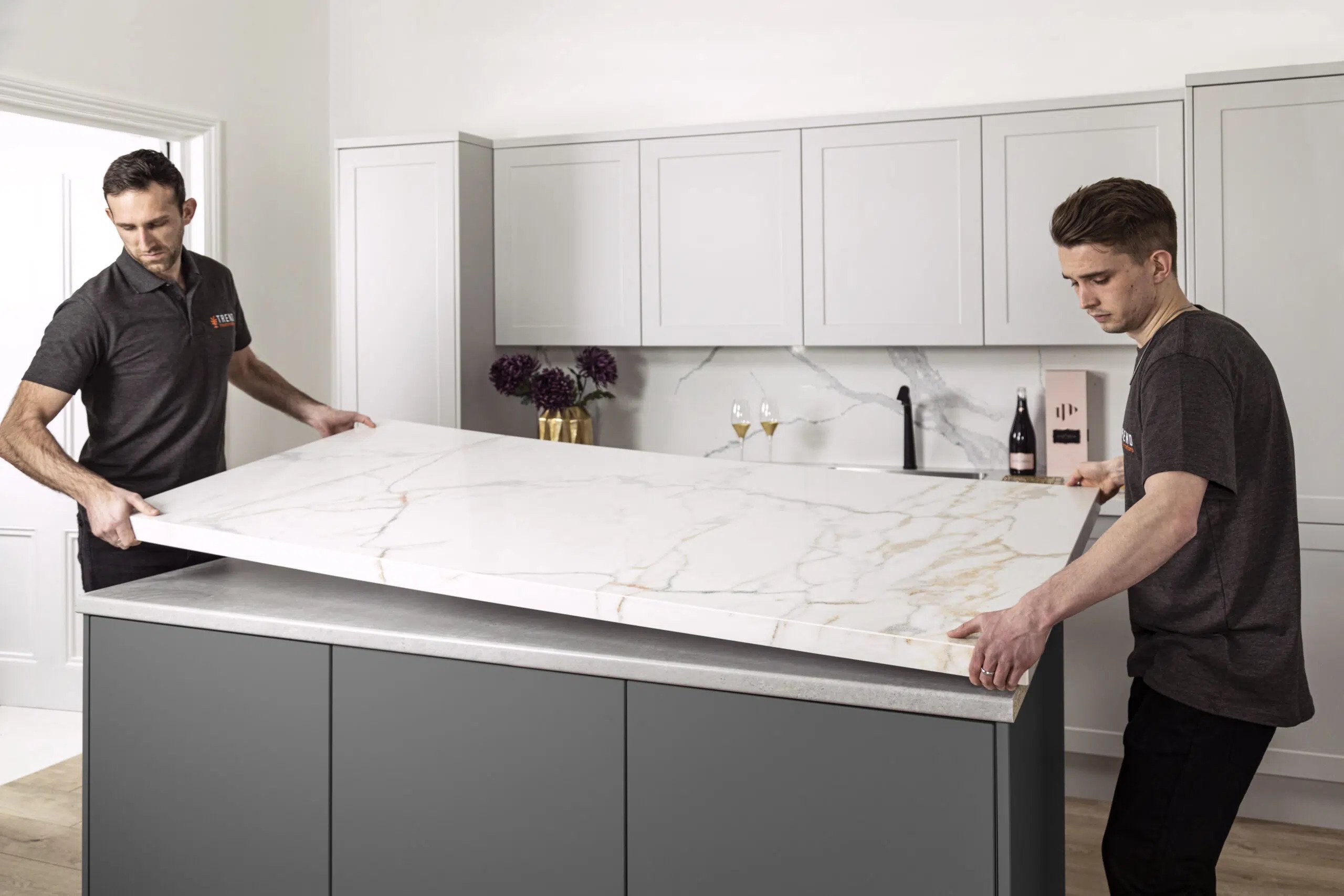
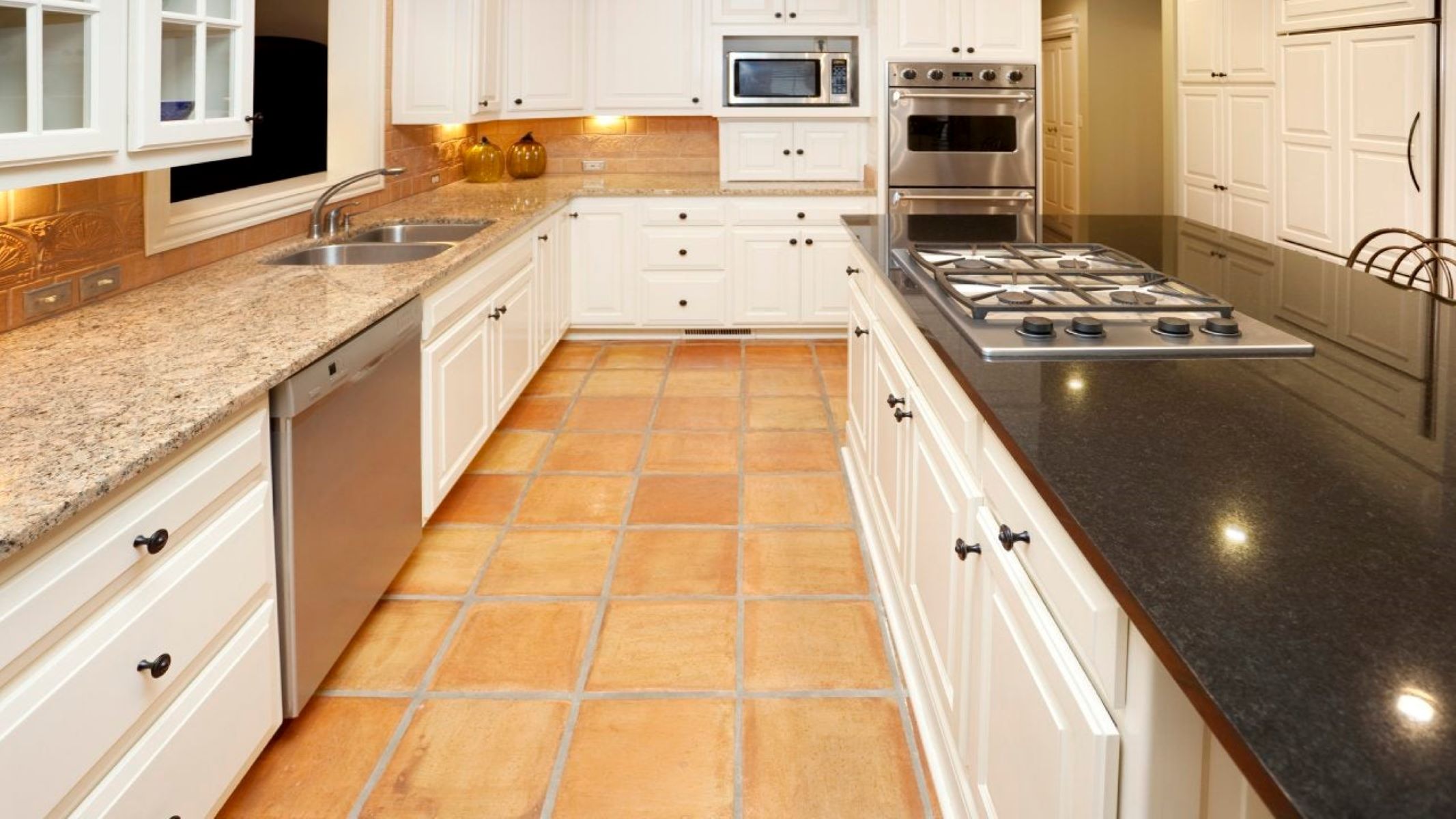
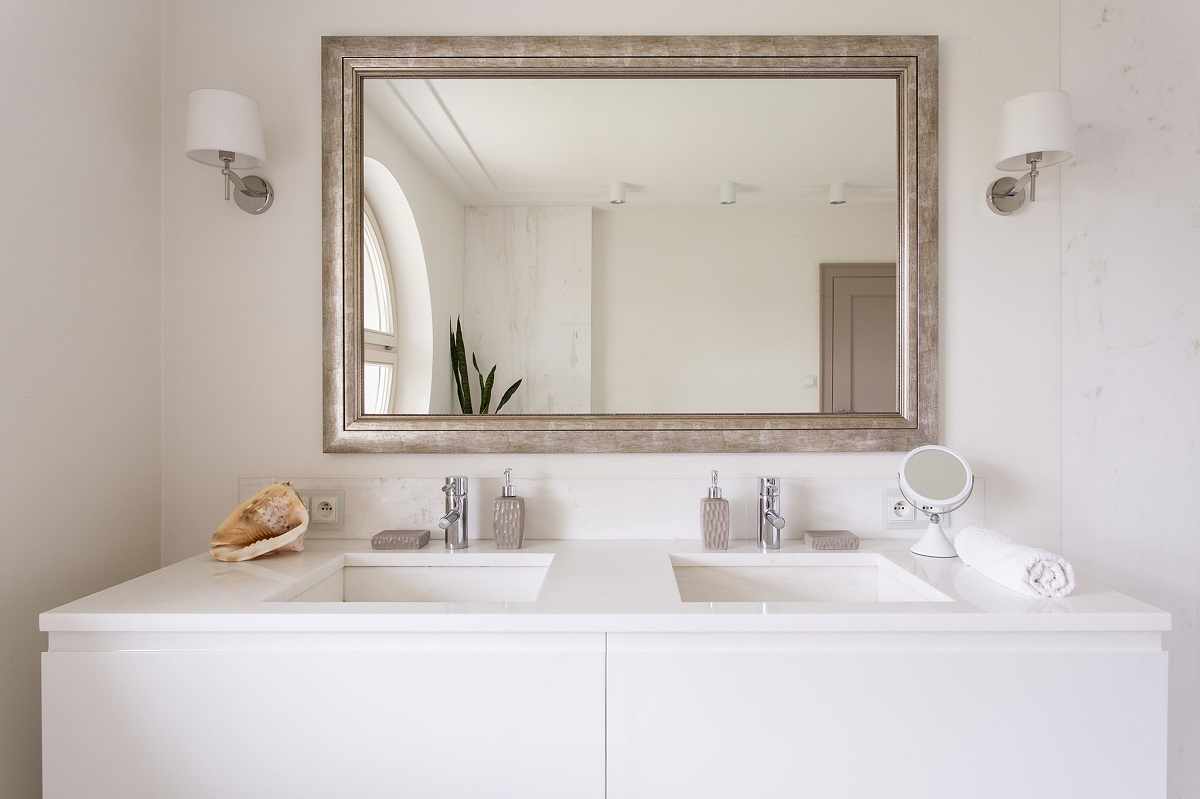
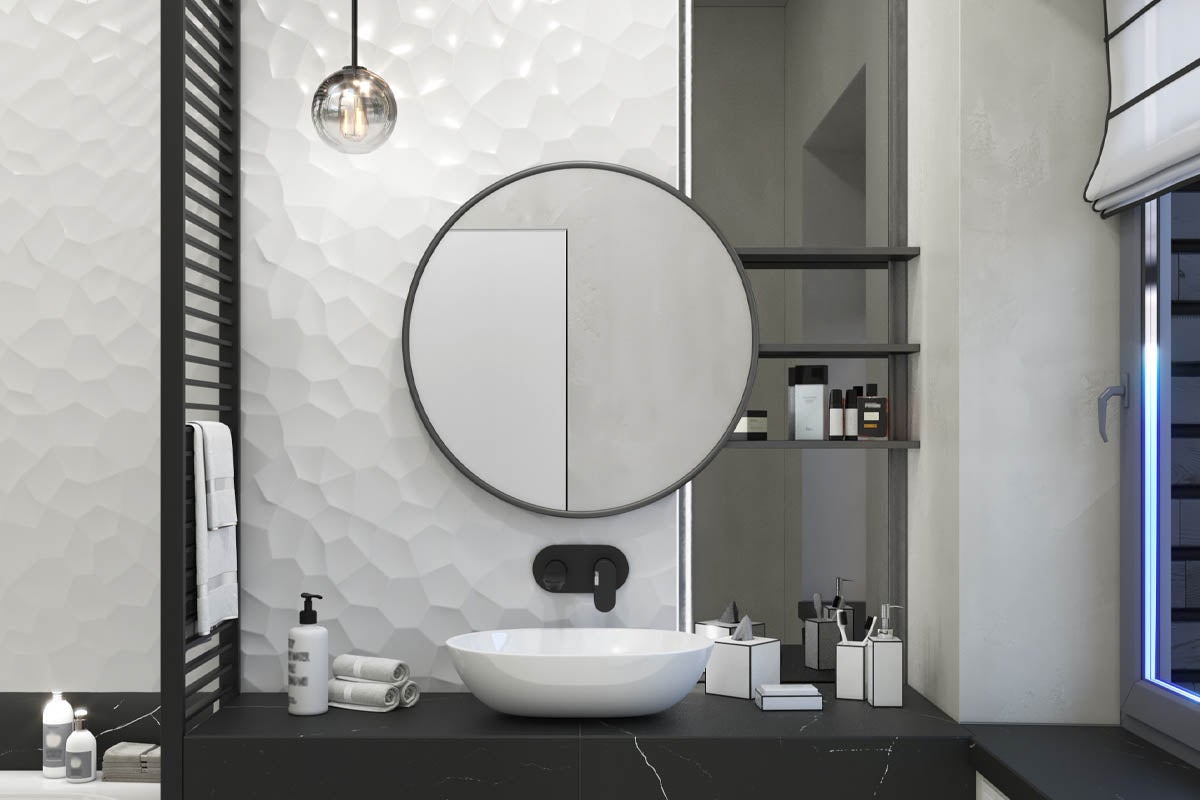

0 thoughts on “How Much Are Bathroom Countertops”